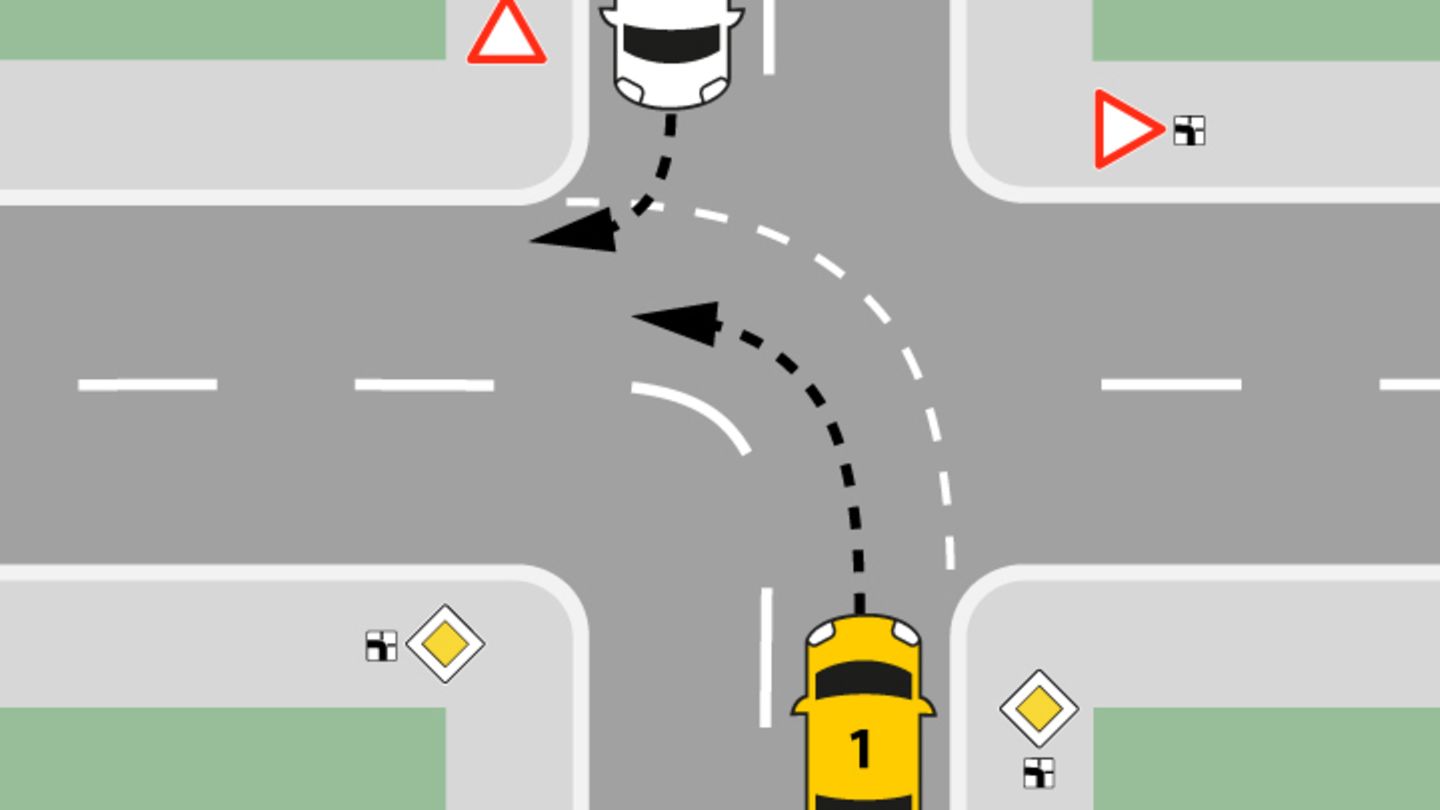Overloaded doctors, long waiting times, difficult searches for a doctor: things are getting tough in general practitioners’ practices. The Minister of Health promises big improvements. But not all doctors are satisfied.
In the future, patients should encounter overcrowded waiting rooms and admission stops in general practitioner practices less often. According to plans by Health Minister Karl Lauterbach, general practitioners should be given more financial freedom in order to avoid bottlenecks in practices.
“We are on the eve of a very big reform,” said the SPD politician after a conversation with representatives of established doctors and health insurance companies in Berlin. “We also want to de-economyize general practitioner practices.” His company has been working on the relevant supply law for months. It should be made public in January.
Elimination of fee caps
“We will de-budget the general practitioners,” announced Lauterbach. The traffic light coalition had already announced the step in the coalition agreement. Last year, the fee cap for pediatricians was lifted.
To date, there has been an upper limit on the money that doctors receive for treating those with statutory health insurance. These budgets are intended to prevent costs from getting out of control. The chairman of the General Practitioners Association, Markus Beier, criticized that general practitioners’ practices were not always paid for all services. Medical associations such as the Virchowbund had complained that it often made no economic sense to accept new patients because of budgets.
Lauterbach made it clear that the elimination of budget limits for general practitioners would mean additional expenditure in the three-digit million range for the health insurance companies. In the long term, however, this will lead to cost stabilization and significantly better care in a more efficient system.
Chronically ill people should have to go to the practice less often
“We are saying goodbye to the quarterly flat rate,” Lauterbach continued. Today, medical practices’ bills for patients are valid for a quarterly period. In the future, general practitioners will be charged an annual flat rate for adult patients with chronic illnesses and a continuous need for medication. It should be due upon the first doctor-patient contact – regardless of further visits to the doctor. Patients should no longer be called in just for a prescription, simply so that a new quarterly flat rate is due. The bottom line is that this should leave more time for medical treatments.
Promote home visits and heat advice
A so-called maintenance fee is to be introduced for practices that are largely responsible for maintaining primary care. The criteria should be that these practices carry out home visits and have a minimum number of insured people undergoing treatment.
General practitioners should receive special remuneration once a year if they give advice to particularly affected groups such as seniors and the chronically ill in extreme heat. This should help to further reduce the number of heat deaths in Germany. According to the Robert Koch Institute, 3,200 people died as a result of heat last year, compared to 4,500 people the previous year.
By telephone for prescriptions and sick notes
Lauterbach already said in the ZDF morning magazine: “So far the practices are overcrowded because many patients come to the practice to have a prescription extended or to get a sick note.” After the crisis meeting with the medical profession, he emphasized: “This can all be done over the phone.” In the future, far fewer patients would fill the practices for these reasons.
Since the beginning of the year, practicing physicians have had to issue prescriptions for prescription drugs electronically – when the health card is inserted into a reader, the pharmacy is authorized to retrieve it from there. Lauterbach admitted some teething problems and said: “It will take a few weeks for things to settle down.” Since the beginning of 2023, employers will no longer need to print out sick notes – the certificates will be accessed electronically directly from the employees’ health insurance companies. According to the health insurance association, employers accessed almost 82 million such certificates electronically in 2023.
Further improvements for the practices
“We will also allow a lot more telemedicine,” announced Lauterbach. Doctors should also be able to work from home. In principle, telemedicine ranges from video calls to measuring devices for patients that the doctor has access to.
According to Lauterbach, “a torment for many practices” is the threat of recourse if too much medication is prescribed. Doctors are monitored and have to justify themselves to the health insurance companies and the Association of Statutory Health Insurance Physicians if they have prescribed more medication than intended – there is a risk of fines amounting to thousands of euros. Minor limits are now to be introduced, up to which no performance audit should take place. 80 percent of recourse cases would no longer apply in the future.
Application procedures for outpatient psychotherapy should be made less bureaucratic and accelerated.
End of the protests?
In the longer term, the reform should make working as a family doctor attractive again for more young medical students. According to the General Practitioners Association, there is a shortage of 5,000 general practitioners today. Lauterbach admitted that there have to be enough doctors – that means more medical students are needed. He announced a proposal to increase their number by 5,000.
The head of the General Practitioners Association, Beier, praised Lauterbach’s plans as “right and important”. The President of the German Medical Association, Klaus Reinhardt, also welcomed the project in principle. However, Lauterbach does not want to lift the fee cap for other specialist groups. The chairman of the Virchowbund, Dirk Heinrich, promptly announced further protests. “In any case, we are completely dissatisfied with the outcome of today’s discussions,” he said. The anger at the base is increasing. “It is therefore clear to us that the protests must continue if the entire outpatient care provided by general practitioners and specialists is not taken into account.” This means that patients could not be spared from further specialist practice closures.
Between the years and on a bridge day in October, many doctor’s practices remained closed in protest. The board member of the National Association of Statutory Health Insurance Funds, Stefanie Stoff-Ahnis, warned: “It must not happen again that medical associations carry out their protest on the backs of patients.”
Source: Stern
I have been working in the news industry for over 6 years, first as a reporter and now as an editor. I have covered politics extensively, and my work has appeared in major newspapers and online news outlets around the world. In addition to my writing, I also contribute regularly to 24 Hours World.




